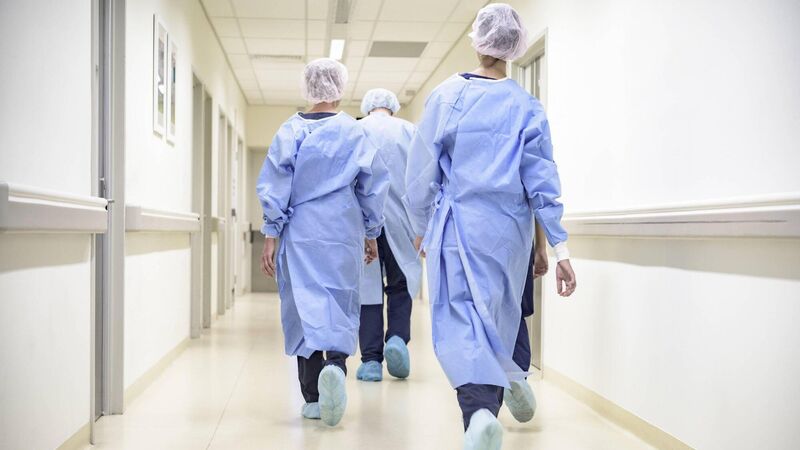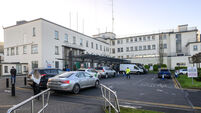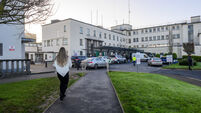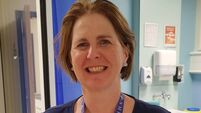Dr Chris Luke: How can we address the overcrowding of our hospitals?

'Sadly we’ve actually been in a Major Incident Response mode for years and years.'
The hallmark of an emergency physician is a focus on solutions for the problems right in front of them, while also bearing in mind that the heart attack, infectious disease or severe injury may have a complex ‘origin story’, a hidden severity, and all sorts of ramifications in terms of treatment. What this means in practice is that there is usually little time to discuss the patient’s diet, smoking habits, or inexplicable desire to walk into traffic. What matters is dealing with their most life-threatening injury or illness in a semi-reflexive manner, deploying skills that have been honed through repeated drills, and delivering interventions that are evidence-based.
So, if someone in charge asked me how I’d ‘manage’ the current calamitous inundation of hospital emergency departments (EDs), I’d think first of the practical remedies that I’ve seen work in the past, and occasionally some measure I hadn’t used before but had seen in the medical literature, or at a lecture or workshop.
















